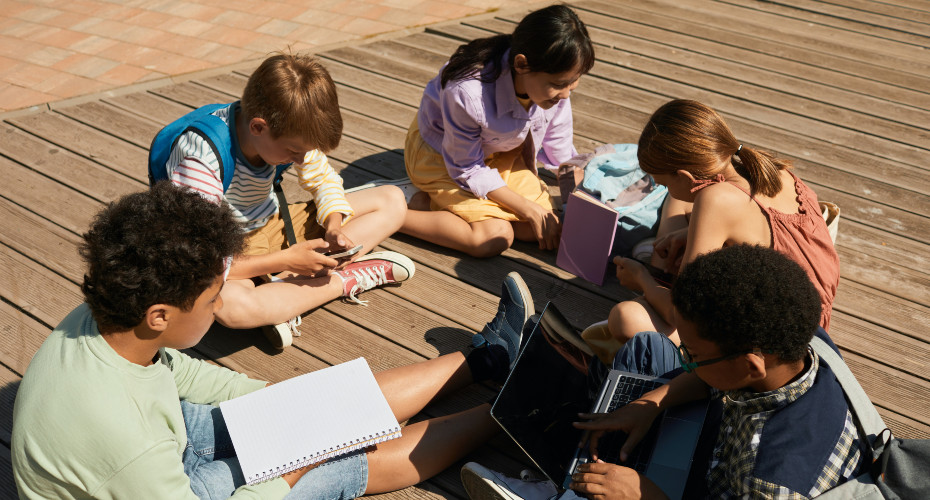Some Children Act as Good Friends to Their Peers Who Have Difficulty Speaking, Study Shows
Children can act as good friends to their peers who struggle with speaking and communicating, a study shows.
 Researchers say teachers can learn from the ways children make their peers feel welcome as they develop inclusive classrooms
Researchers say teachers can learn from the ways children make their peers feel welcome as they develop inclusive classrooms
Children can act as good friends to their peers who struggle with speaking and communicating, a study shows.
Language difficulties are not always a barrier to relationships in the classroom, with youngsters finding ways to connect socially even when a pupil has communication challenges, experts have found. They can even help them make more friends.
Researchers say teachers can learn from these ways children make their peers feel welcome as they develop inclusive classrooms.
Language disorder is a common childhood condition affecting language development. Most children with LD are included in mainstream classrooms.
The study was carried out by Lenka Janik Blaskova, from the University of Exeter and Jenny Gibson, from the University of Cambridge.
Researchers interviewed nine children aged six to eight with language disorder who attended mainstream schools and also enhanced provision – a specialist language and communication class – in the United Kingdom and the Republic of Ireland. They also interviewed nine of their friends. The research took place throughout 2019 and the interviews were art-based. Researchers also collected data from observations, interviews, linguistic and sociometric assessments.
Many friends of children with language disorder attending the enhanced provision showed an inclusive mindset and had their own strategies for overcoming potential communication barriers. Friends in full-time mainstream classrooms did not report experiencing communication difficulties when interacting with a peer with language disorder.
Dr Blaskova said: “Educational practice should build on those inclusion strategies that children find natural and consider the importance of teaching all children about adjustments that can support inclusion of those with communication difficulties.”
Most children with language disorder who took part in the study had a similar social status to others, but some had been rejected by others or were neglected by them.
The data shows children attending enhanced provision may be at a disadvantage, and researchers recommend more research would need to be done to assess if mainstream settings can positively impact the peer relationships of children with LD.
Dr Blaskova said: “Friends didn’t recognise their peers had language disorder and did not report limited language as a barrier in their interactions. Those whose friends attended enhanced provision said language difficulties substantially impeded their interactions, a reflection of the fact they would have more severe difficulties.
“Friends tried to find ways to overcome any language barriers and had an inclusive mindset. They adjusted their own communication or stayed talking even when they didn’t understand those with LD. Some even invited others to play with their friend with language disorder. These strategies seemed natural to children and researchers say teachers could learn from how they formed bonds in order to make classrooms more inclusive.
“Making children with LD aware that their peers can struggle with certain aspects of their communication could help children with LD understand some peer reactions. We recognise this is a small sample size, but this research shows inclusion can be handled more explicitly by teachers. Placing a child with language disorder in a classroom without acknowledging their specific needs to peers may not be enough. Children encounter communication breakdowns so it can be useful to make their peers understand these difficulties. Finding balance in revealing sufficient information without making children with LD feel uncomfortable will require consulting carers, special education needs coordinators, and even children with LD themselves.”
Publication: Lenka Janik Blaskova, et al., Children with language disorder as friends: Interviews with classroom peers to gather their perspectives, Child Language Teaching and Therapy (2023). DOI: 10.1177/02656590221139231.
Original Story Source: University of Exeter

 Alerts Sign-up
Alerts Sign-up